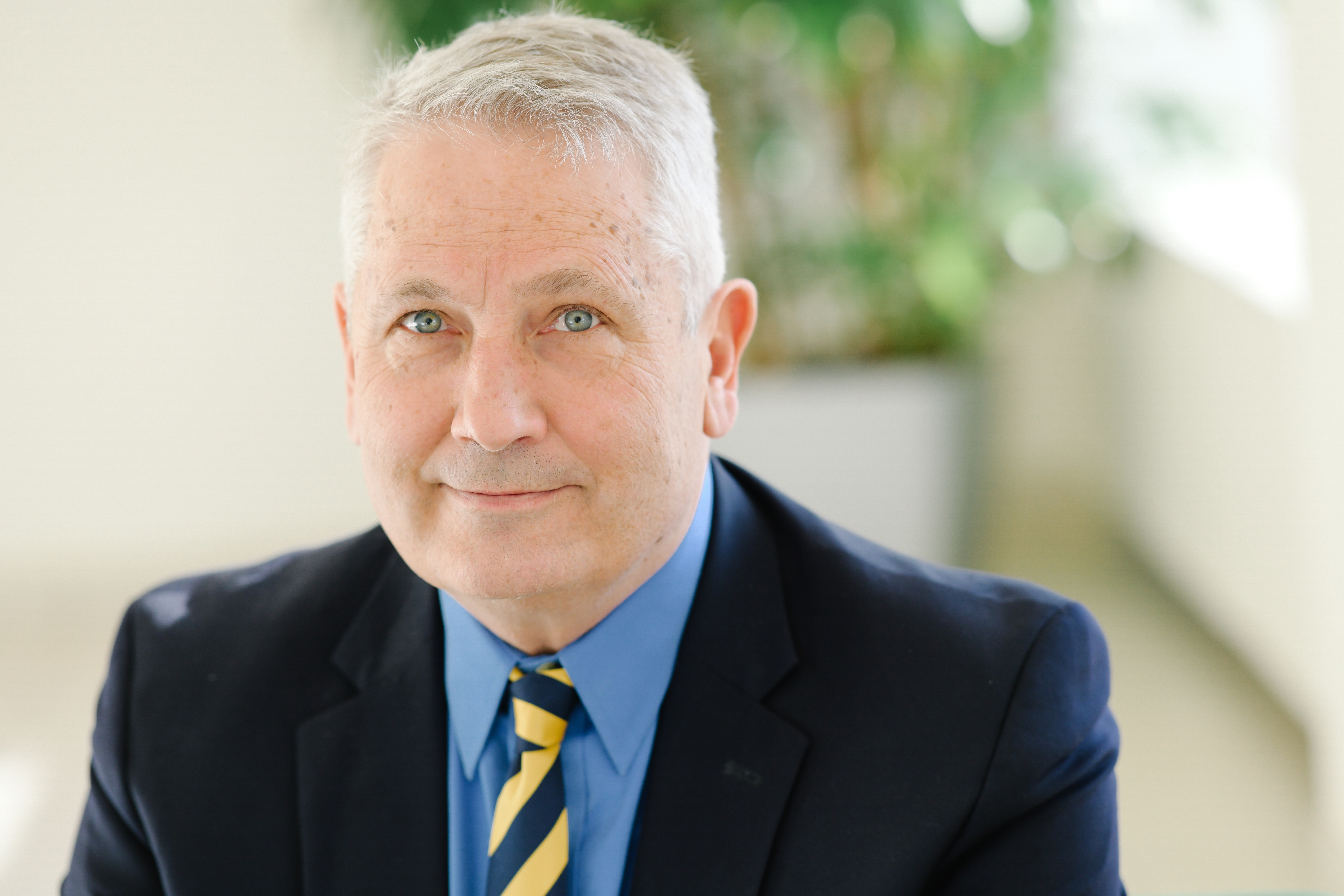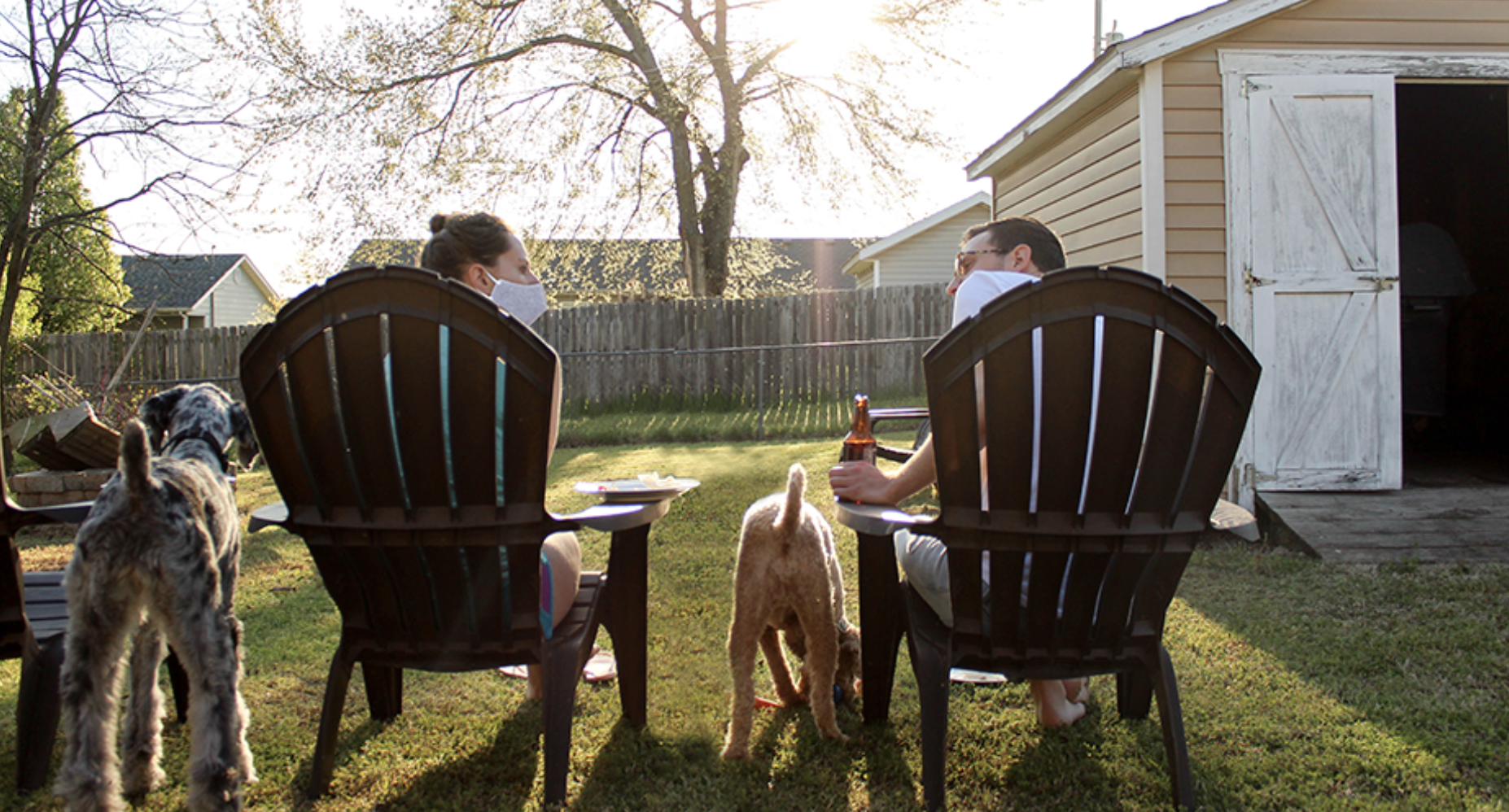Sep 3, 2020
'Mental health care is available’
The novel coronavirus has killed hundreds of thousands of people, leaving some survivors with potentially life-long consequences. But a new CDC survey shows the deadly effects of the virus extend beyond physical health – it is taking a steep toll on mental health, too.
Despite older populations being particularly vulnerable to COVID-19, younger people are experiencing psychological anguish at high rates, with as many as one in four people ages 18 - 24 having seriously considered suicide in the 30 days preceding the survey.
Dr. Ken Duckworth, child and adolescent psychiatrist and senior medical director for behavioral health at Blue Cross Blue Shield of Massachusetts, notes the pandemic presents especially painful challenges for young adults.
“This is a time in your life when you're trying to form relationships, which is difficult when you're in quarantine,” Duckworth said, adding the upheaval in the economy and education also pose particularly daunting difficulties for young adults. “The fundamental task of people 18 to 24 years old is developing an identity. I think the pandemic hits at a tough spot for that developmental stage.”

According to the report, which uses data from 5,412 adults in the U.S. surveyed between June 24 and 30, more than 40 percent of people have experienced a mental or behavioral health condition related to the pandemic.
But according to the study, young adults are suffering the most. Research shows adolescence – defined by the World Health Association as 10-24 – is often when mental health problems first emerge. And loneliness or problems with peer relationships are high risk factors for development of depression among young people.
The uncertainty of a world wracked by pandemic also can wreak havoc on mental health, Duckworth said.
“Human beings like to predict the future. We do this with health insurance. We do this with 401k plans,” Duckworth said.
The idea that life is full of uncertainties, but you prepare for them to the best of your ability is a core construct that keeps us from being overwhelmed. The pandemic has tossed that all out the window.
A nation in pain
The study also found:
- 11% of adults surveyed had seriously considered suicide; 19% of Hispanics reported suicidal ideation and 15% of Black respondents reported having suicidal thoughts.
- Almost 31% of self-reported unpaid caregivers had suicidal thoughts.
- 22% of essential workers also reported having suicidal thoughts. Overall, more than half of essential workers reported some type of psychological problem resulting from the pandemic.
- About 40% of respondents said they had symptoms of anxiety or depression.
- 26% of respondents reported trauma and stress-related issues because of the pandemic.
- Another 13% said they have turned to substance use, including alcohol and prescription or illicit drugs, to cope.
Help is available
Mental health issues can be addressed through behavioral changes and professional help, including by reaching out to your health insurer to find online tools, or a therapist in your area who has availability, Duckworth said.
The best kept secret in American mental health is your health plan wants to find you a therapist if you can’t find one.
Blue Cross Blue Shield of Massachusetts rolled out several new initiatives last month aimed at increasing mental health assistance, particularly for younger populations. For example, the non-profit will continue paying for teletherapy at the same rate as in-person visits even after the COVID-19 emergency ends. Since expanding coverage in mid-March 2020, the plan has processed more than 3 million telehealth claims. In February, there were only about 200 claims a day for telehealth visits. As of August, that number is now about 27,000 a day, with approximately half for mental health services.
“I think this will be a game-changer in New England,” Duckworth said. “Teletherapy is continuing to grow. No one used this side road before, and now it's a 16-lane highway.”
BCBSMA has added nearly 400 additional clinicians to its network to increase mental health care access. Blue Cross is also offering new financial incentives for primary care physicians to integrate mental health care into their practices, and is giving child psychiatrists a 50% increase in pay to address the rising need among young people for mental health care.
Hotlines are available for anyone in crisis: The National Suicide Prevention Hotline number is 1-800-273-8255, and the Massachusetts Samaritans hotline for emotional support is
1-877-870-4673. Of course, 911 is available for anyone in immediate danger.

Staying connected
In addition to help from professionals, young adults can combat loneliness by finding safe ways to engage with peers. Using the term “social distancing” was a mistake, Duckworth said, and gives the wrong idea about healthy behavior, which requires physical distancing but not isolation. While close in-person contact is discouraged, people should take advantage of the warmer weather while it’s here, meeting in back yards, parks or other safe outdoor areas, he said.
Duckworth also recommends exercising regularly, developing a routine and using psychological tools to drown out “negative automatic thoughts” – intrusive thoughts that leave you feeling hopeless. There are online cognitive behavioral therapy resources that offer exercises to help with this.
Spending more time socializing can also help muffle these thoughts, Duckworth said.
“When you interact with fewer people, you leave your own mind to its own devices, which for some people is a cascade of negative thoughts,” he said.
The bottom line, Duckworth said, is that people who are suffering don’t have to.
Mental health care is available. It’s ok to get help. There are plenty of resources out there.
Did you find this article informative?
All Coverage content can be reprinted for free.
Read more here.
PHOTO OF Dr. KEN DUCKWORTH BY FAITH NINIVAGGI

